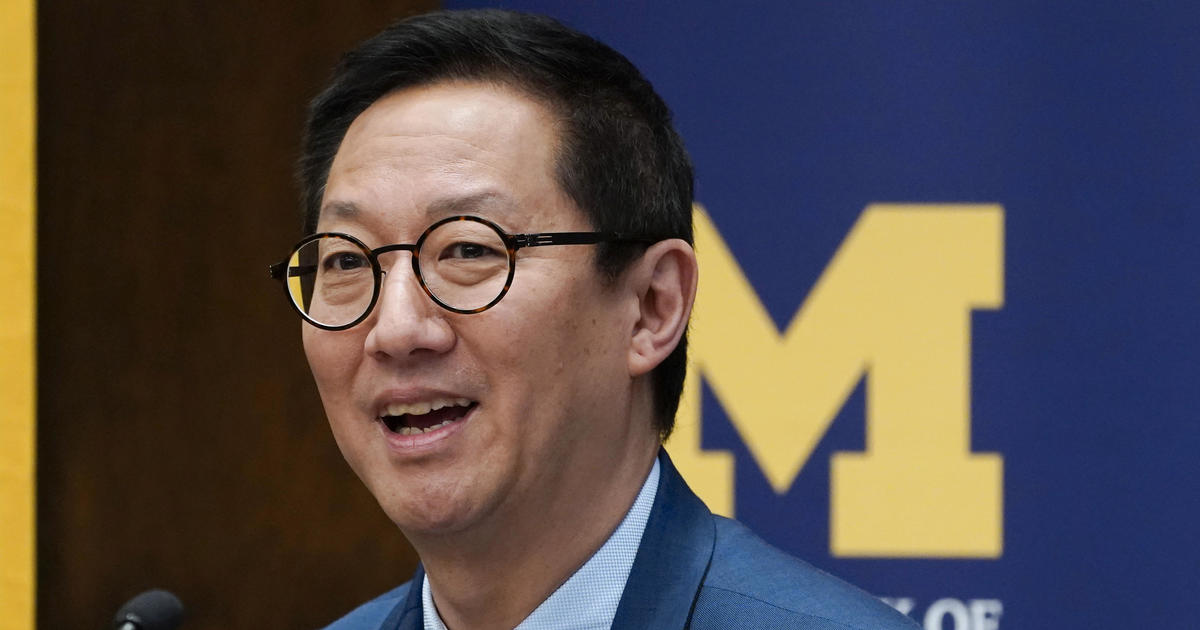UM Saves Medicare $22 Million By Improving Preventive, Chronic Illness Care
ANN ARBOR -- Medicare patients received better care at the University of Michigan Health System, and UM staff have saved more than $22 million on the cost of that care, during a five-year demonstration project.
UM's savings resulted from five years of participation in the Medicare Physician Group Practice Demonstration Project. It is Medicare's first Pay-for-Performance Demonstration Project to work directly with physician groups like the UM Faculty Group Practice.
The project, which has now concluded, demonstrates potential benefits of Accountable Care Organizations, an initiative now written into the nation's health care reform law. Ten different groups participated in the project. Of those only two – the University of Michigan and the Marshfield Clinic in Wisconsin – earned savings during all five years of the demonstration project.
Numbers for the fifth and final year were released this week. In the fifth year, UM saved more than $5.4 million by reducing costs to Medicare through quality improvement strategies and redesigning care. UM also scored a 98 percent grade on quality measures that were part of the project.
"By virtue of our success, UM already has set up an ACO," said Caroline Blaum, M.D., professor of internal medicine and geriatrics, associate director of the UM Faculty Group Practice and research scientist at the VA Ann Arbor Healthcare System. "Over the course of this demonstration, we have saved money and improved quality every year."
UM, along with the other nine groups in this demonstration, began participating in another similar project in January. Known as the Medicare Transitions Demonstration, this project will continue to inform Medicare leadership about important components of ACO policy.
"Here at UM, we will continue to focus on increasing the quality we provide for patients with chronic diseases, and we will add additional quality measures for patients with Chronic Obstructive Pulmonary Disease, and for older adults with falls, osteoporosis and anticoagulation medication," Blaum said. "We will continue to improve our care coordination and care transitions for our patients with multiple diseases and with hospitalizations."
David Spahlinger, M.D., senior associate dean for clinical affairs at UM, said the results show there are ways to cut costs but also improve quality of care. Spahlinger said UM achieved both of the project's aims: to provide the highest-quality care and reduce health care spending growth for all traditional Medicare patients, including those with costly chronic illnesses.
The UM Faculty Group Practice, part of the UM Medical School, includes all of the nearly 1,600 U-M faculty physicians who care for patients at the three UM hospitals and 40 UM health centers.
Many of the programs and innovations that UM has put in place for this project involve not only physicians but also pharmacists, nurses, social workers, care managers and others who are involved in the care of Medicare patients at all UM facilities.
The project does not include those who were enrolled in a Medicare Advantage plan offered by a private health plan, nor Medicare participants who received only limited care at UM. But the improvements made for the project are helping other patients as well.
The project began by focusing on the quality of care of patients with diabetes, but was expanded in its second year to include congestive heart failure and coronary artery disease – both chronic heart conditions that carry a very high risk of emergency hospitalization and other higher-cost care if not managed appropriately. Since the third year, the project has included hypertension – another high-risk and costly condition – and breast and colorectal cancer screenings.
During the years it has participated in the project, UM has launched a number of new programs to help improve care for all patients seen at UM, and implemented transitional care programs designed to assist patients with hospital discharge information and follow-up activity. Also started were complex care coordination programs designed to reduce unnecessary treatments, readmissions, handoffs and wait times, as well as a medical home program where a patient and his or her personal physician partner to identify, provide, and coordinate all needed services across multiple locations and settings.
UM's Faculty Group Practice is the only organization in Michigan that took part in the PGP Demonstration and is now involved in the Transition Demonstration. It was chosen for several reasons, including demonstrated success in chronic care management and organizational structure.
For more information on the projects, visit www.cms.hhs.gov/DemoProjectsEvalRpts. Click on "Medicare Demonstrations" and then search for "Medicare Physician Group Practice Demonstration."



